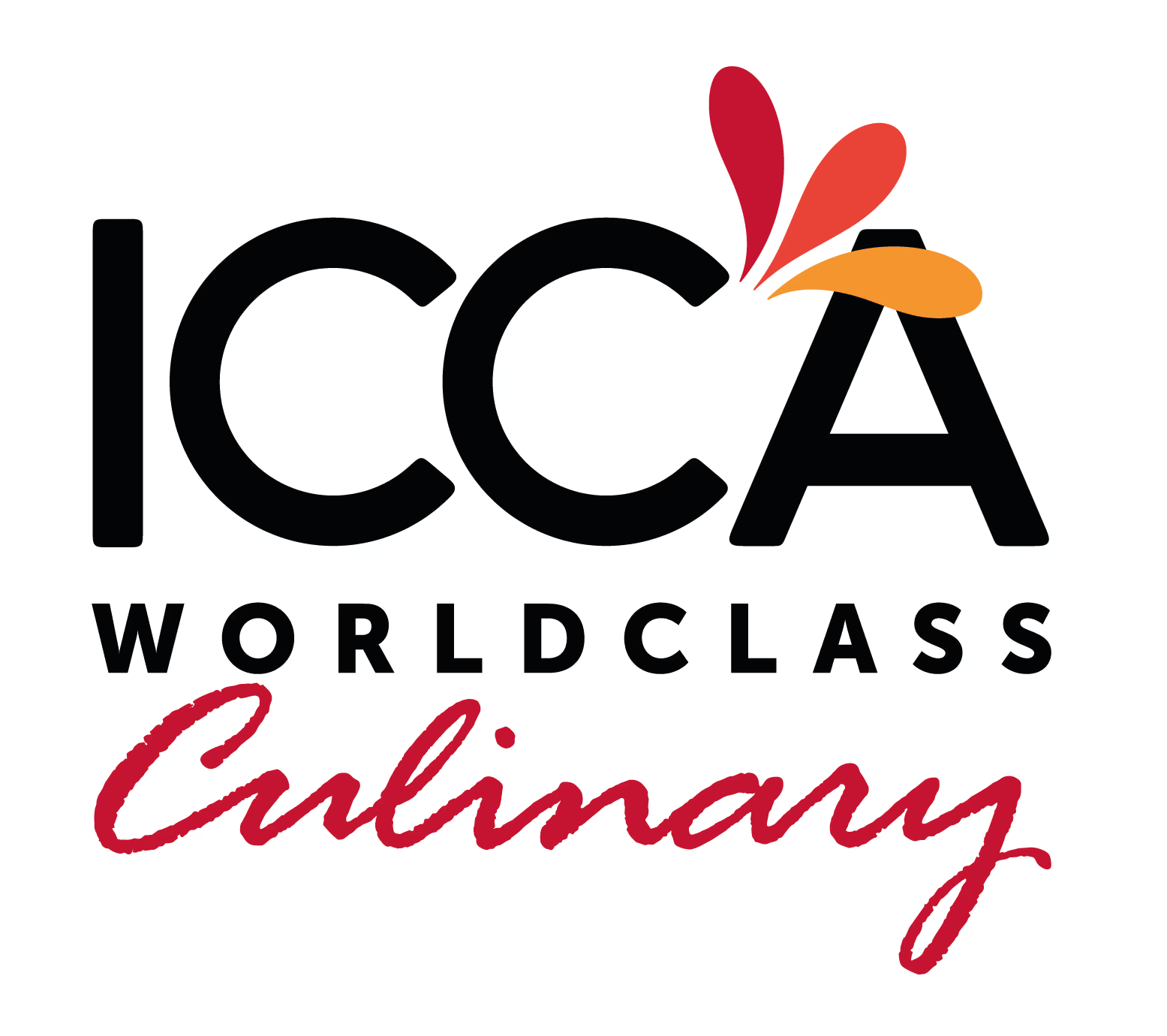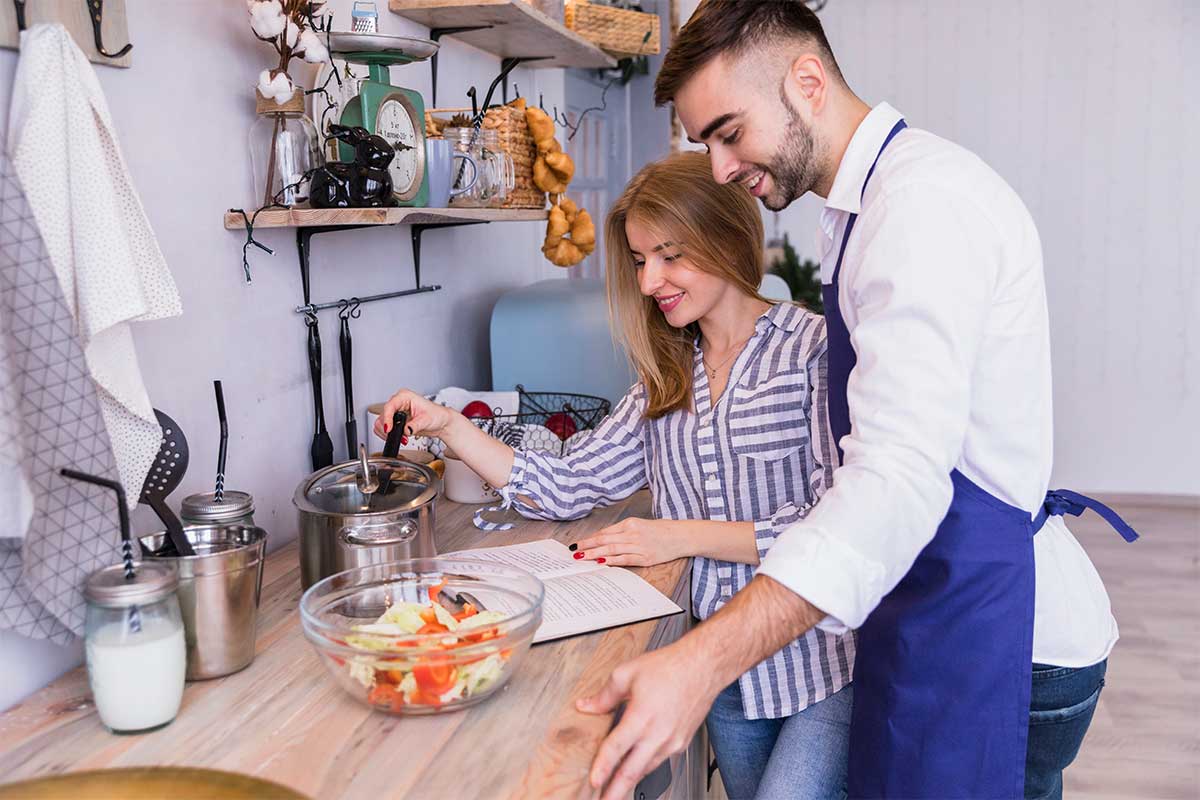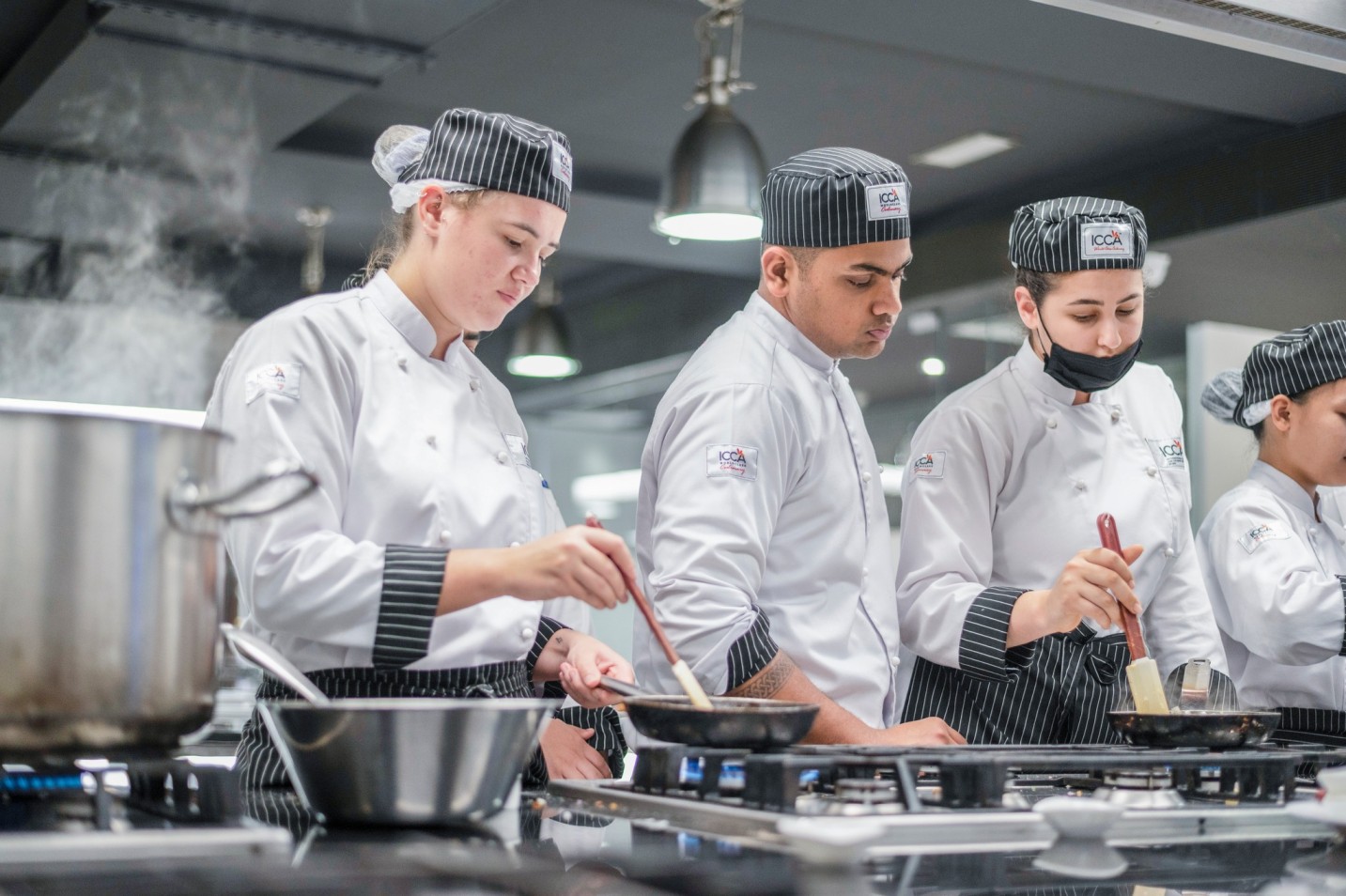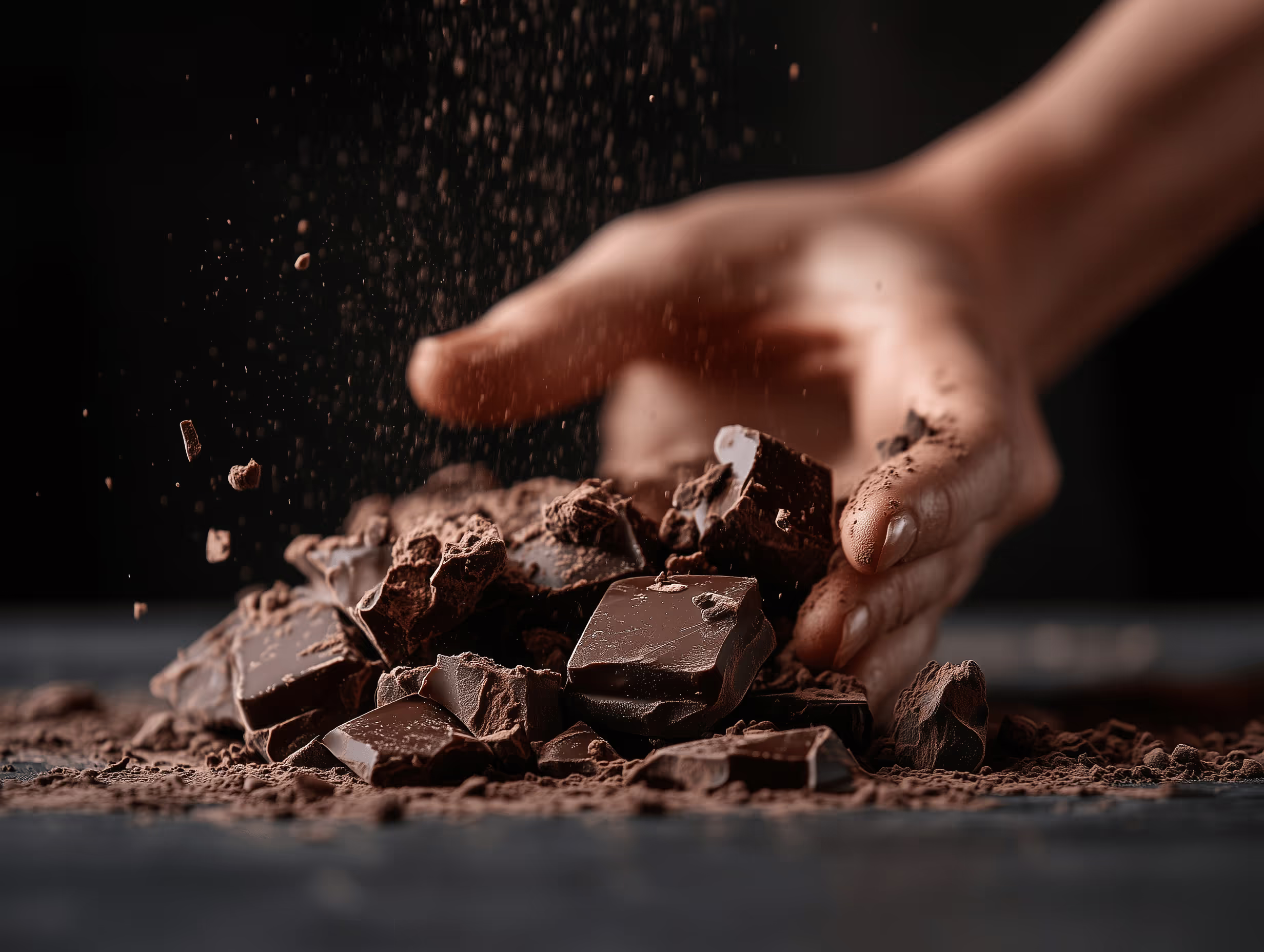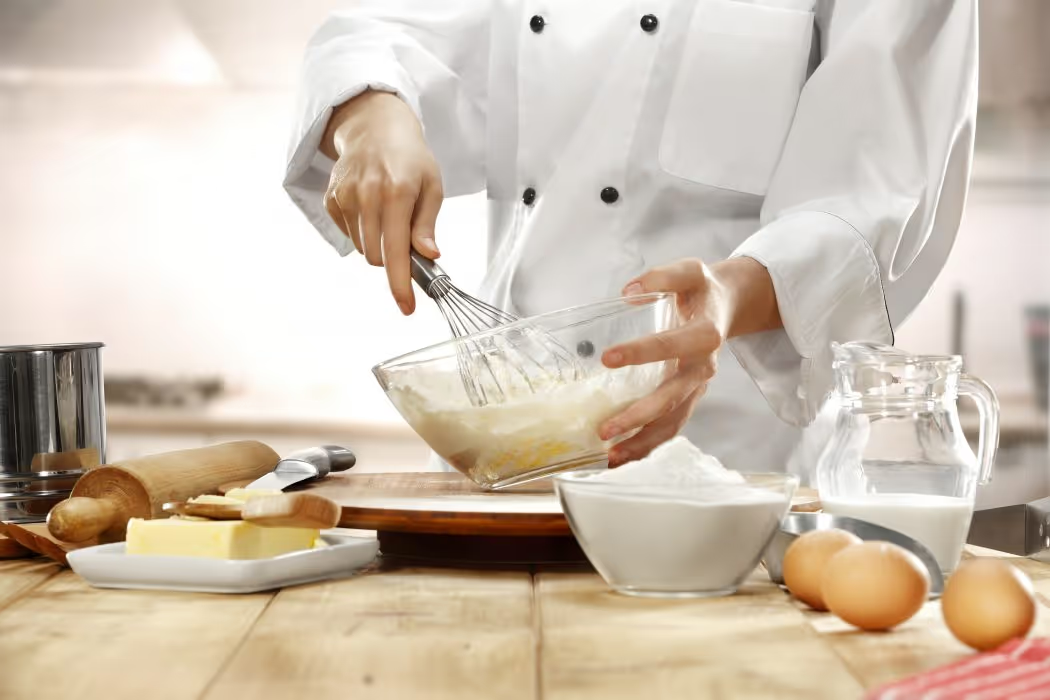In this digital era, many have claimed that food blogs are going to overtake the good old cookbook traditions. Although there is a shift in the tide, we strongly believe that both the food blogs and age-old cookbooks are here to stay.
We are living at a point in time where we have everything available on-the-go. Whether it is our lifestyle, interests or even our food, we want it all easy and quick. And, this is exactly why food blogging has become a massive hit among food enthusiasts. In this digital era, many have claimed that food blogs are going to overtake the good old cookbook trend. Although there is a shift in the tide, we strongly believe that both the food blogs and cookbooks are here to stay. Why?
Let’s take a look.
1. Accessibility
There was a time when cookbooks or magazine pages were the only sources to find new recipes other than your grandma or mom. I remember during my teenage days how patiently I used to wait for the monthly editions of women’s magazines just to go through the recipe pages full of temptingly plated delicious food pictures. Later on, when food blogs became popular there was no limit to the content that was available online. I felt food blogs were a food enthusiast’s haven, as it could be accessed from anywhere anytime without any limits. At the same time, there is no guarantee for online content; it is not necessary that what you see today would be available tomorrow. Anyone who owns the content can take it down anytime they want and it’s out of your control. But when it comes to books, once you own a printed copy that will always belong to you as long as you keep it in good condition.
2. Storytelling
A blog is a space where bloggers can express things the way they want as long as the content is not offensive to anyone. Food blogs typically would have more than just a recipe which is how it works. The bloggers tend to write a bit about their experience with that particular recipe or how their family & friends enjoyed that delicacy, and some try to write about the history & origin of that recipe.Now, there are some who like to get connected to the recipe through these stories but I personally prefer going directly to the recipe. When it comes to cookbooks, most of them have only recipes with a minimal description of the cuisine or dish, which makes it easier for me. There are no drawbacks as such in both the cases because it totally depends on person to person.
3. Interactive
In a cookbook, the author has no control over what has already been written or to even explain any further if the readers have any doubts about the recipes. Once the book is published the author will get to know about the success of the book only through the number of copies that have been sold. But, when it comes to blogs, the response to a published blog post is instant and the blog content is always under the control of the author. The author can edit the post the way they want anytime and the readers can interact with the author through the comment session or privately via emails. This way the readers feel connected to the author and make them have more faith in that author’s recipes.
4. The Feel &Visual Impact
I am an ardent reader and I own a lot of books on different topics except for cookbooks. People find it strange when a foodie and cooking enthusiast like me says that I own all kind of books but cookbooks. Holding a book in your hand and getting lost in that is a feeling I cannot express in words, and that is something you will never get reading from any blog. For some reason, I don’t feel the same for cookbooks. That doesn’t mean I don’t own any, I have but only a few.In my opinion, cookbooks don’t give that picturesque tempting feel for the food that has been captured in so many different angles when it comes to food blogs. A cookbook might have one or two to zero pictures whereas most of the blogs are flooded with images that inspire you to cook. But I must tell you that I started off with cookbooks itself and I still treasure them as if my life depends on it. I think that is a feeling only a physical book can give you no matter how well designed a blog is.
Whether it is cookbooks or food blogs, if quality recipes are what excites you, then go ahead and check What's Cooking Today? to learn and enjoy recipes from cuisines around the world made by world-class chefs.

